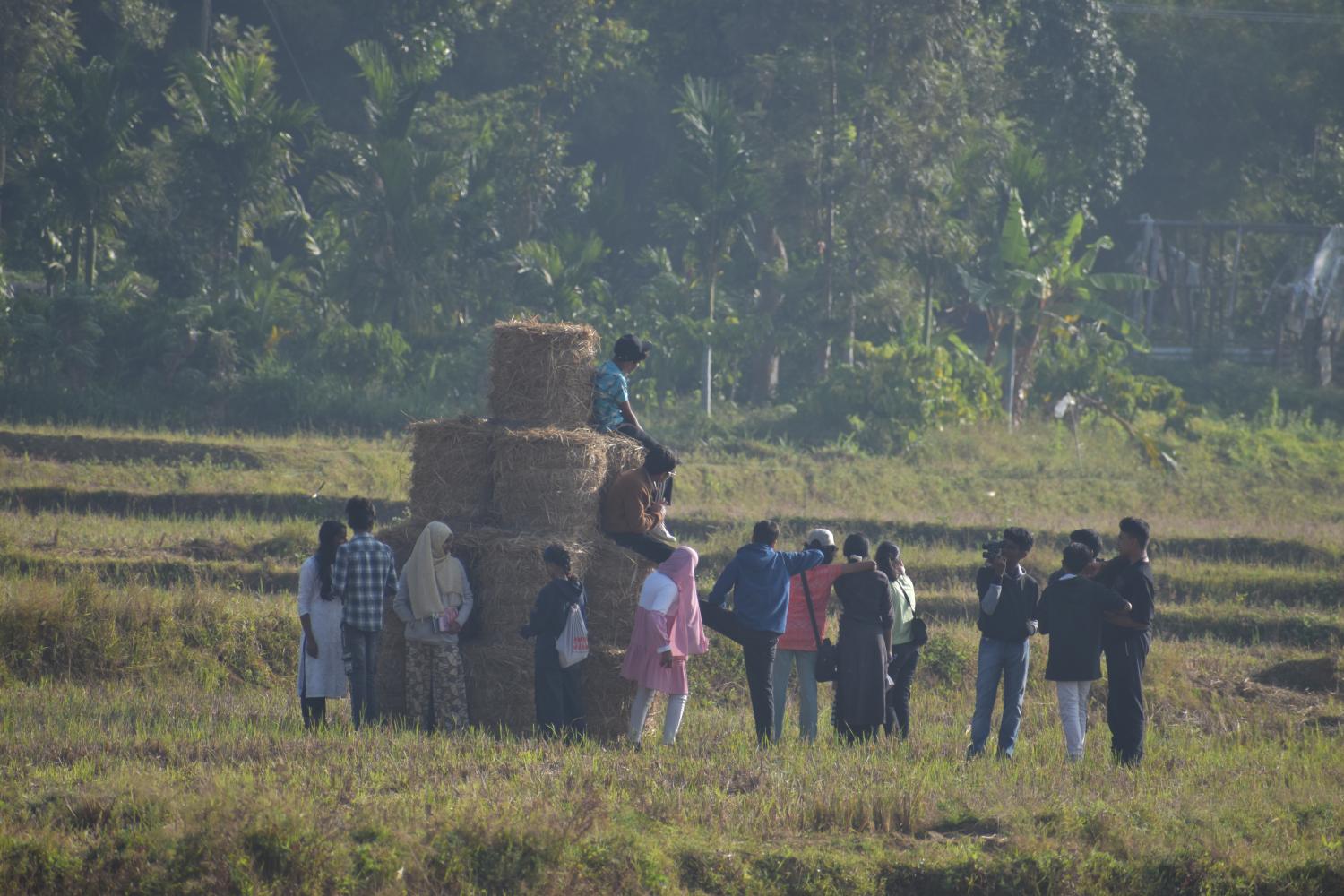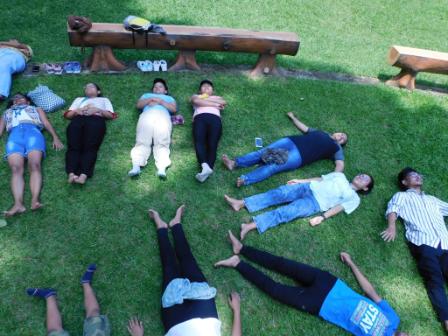Exploring learning spaces outside the school for effective learning
In this issue, we explore a diversity of such spaces, and the ways in which these can be used to help our children learn in an engaged manner.

Schools have an undeniable role in democratising access to education. They help in ensuring that all children, including those from traditionally marginalized social groups, are able to learn the skills, mental attitudes and knowledge necessary to function as full members of democratic societies.
Ensuring effective learning in the school is a necessity. However, it is increasingly evident to those of us who work with the school system, that it is not sufficient for facilitating a complete education, which meets the demands of the present context and answers to the needs of all children.
Therefore, we need to look at, and intervene in, spaces outside the school system to cater to these needs. The natural world itself provides an important set of such spaces. Being in nature, and becoming a part of structured activities such as tree walks, bird watching, and mushroom walks, help children develop an intimate connect with nature. These also help them in honing skills related to observation and analysis.
Students’ immediate social contexts, in the communities they inhabit, are also an important source of learning. In rural communities, agriculture and the crafts are often an important part of life’s rhythm. Therefore, production processes related to crafts and farming can be vital sites for learning. Similarly, in urban areas, structured apprenticeships and internships in workspaces can provide openings for children’s education.

Such learning, developed through an intimate interaction with the community context, can be about the interconnections between the various academic subjects, and specific content knowledge. It can also be about important aspects of social life that makes such economic production possible.
Actual production skills are, of course, an added bonus. In all of this, though, care must be taken that their interface with the production process happens with the primary objective of education.
Structured participation in non-economic community processes is also an important space for learning. Civic engagement is one such avenue that CSOs may explore. This has the twin results of enhancing children’s learning about social life and governance, and of deepening democratic processes. Participation in other community spaces, such as volunteer groups and theatre groups, etc., can also aid learning.
Engagements with, and participation in, public spaces – whether parks or museums, etc. – can offer critical learning aids for children. These can also help them understand the value of such spaces for citizens to come together and interact, and therefore as important enablers of civic action and engaged citizenship.
CSOs may also take the initiative, and craft events and processes that both deepen academic knowledge and open avenues for new learning. These include creating and supporting theatre clubs and drama festivals, organizing children’s literature festivals, and events around crafts.
If organized in a democratic and open fashion, all of these can become spaces where an active interface can be built between school students and wider social processes. These can be also used to create larger learning communities that can support students’ learning.
In preparing our children for life, the school and academic knowledge have a critical place. However, a richer engagement with real life, in all its myriad diversity, through structured and unstructured processes, can add additional aspects to it. This can also deepen the process of acquisition of academic knowledge itself.




No approved comments yet. Be the first to comment!